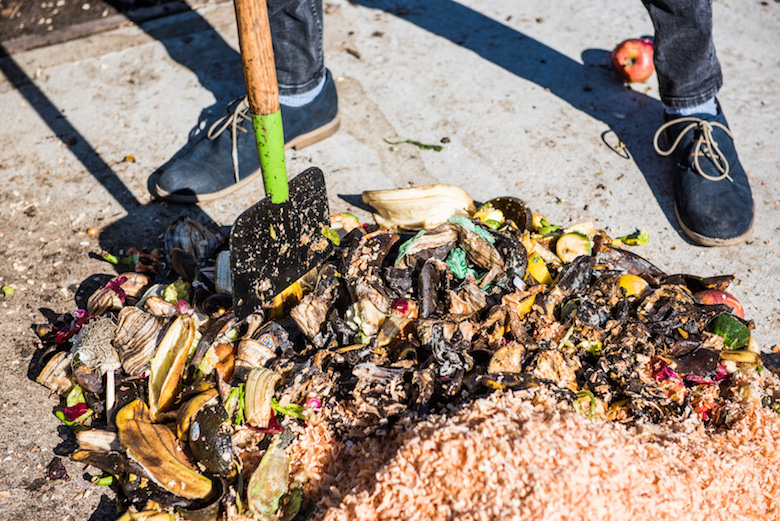
In July, the Foundation for New York’s Strongest brought together businesses, thought leaders, policymakers and investors at the Food Waste Fair in Brooklyn. “The fair had a very festival-like atmosphere,” says Elizabeth Balkan, executive director of the Foundation for New York’s Strongest, the nonprofit arm of the New York City Department of Sanitation. “It was a platform for exchange and celebration to highlight all the really exciting work that is being done in the food waste space.” With around 1000 attendees and over 30 workshops, the fair provided businesses with actionable efforts—from conducting a waste audit to improving procurement to prevent food waste—and helped build partnerships to advance those efforts.
To build off the momentum of the Fair, the Foundation for New York’s Strongest announced a Microgrant program to support businesses making operational improvements that reduce food waste. The program will provide up to $2000 to small businesses in the five boroughs who demonstrate need and a viable implementation plan, and up to $5000 for partnerships. The program encourages creativity, and the funding can be used for nearly anything—an engineer to redesign a waste loading dock, a piece of equipment, or transportation for donations of edible food, to name just a few. “We are trying to strengthen local businesses that we see playing a vital role in this movement,” says Balkan.
Applicants will also have access to a multi-sector advisory committee to provide technical support and consulting services. This committee is available to guide businesses through the application process, and to provide awardees with a wide array of services from staff training and troubleshooting to equipment donations.
For applicants looking for inspiration, the Food Waste Fair website houses “all of the resources created for the fair for anyone who wanted to tap into the rich tapestry of best practices and innovators and thought leaders,” says Balkan. This includes lists of the speakers and exhibitors, presentations from the workshops, and a series of videos that provide a sneak peek into how kitchens, warehouses, and industrial food manufacturers are tackling food waste.
Applications for the Microgrant program are due on January 8, and details can be found here.



